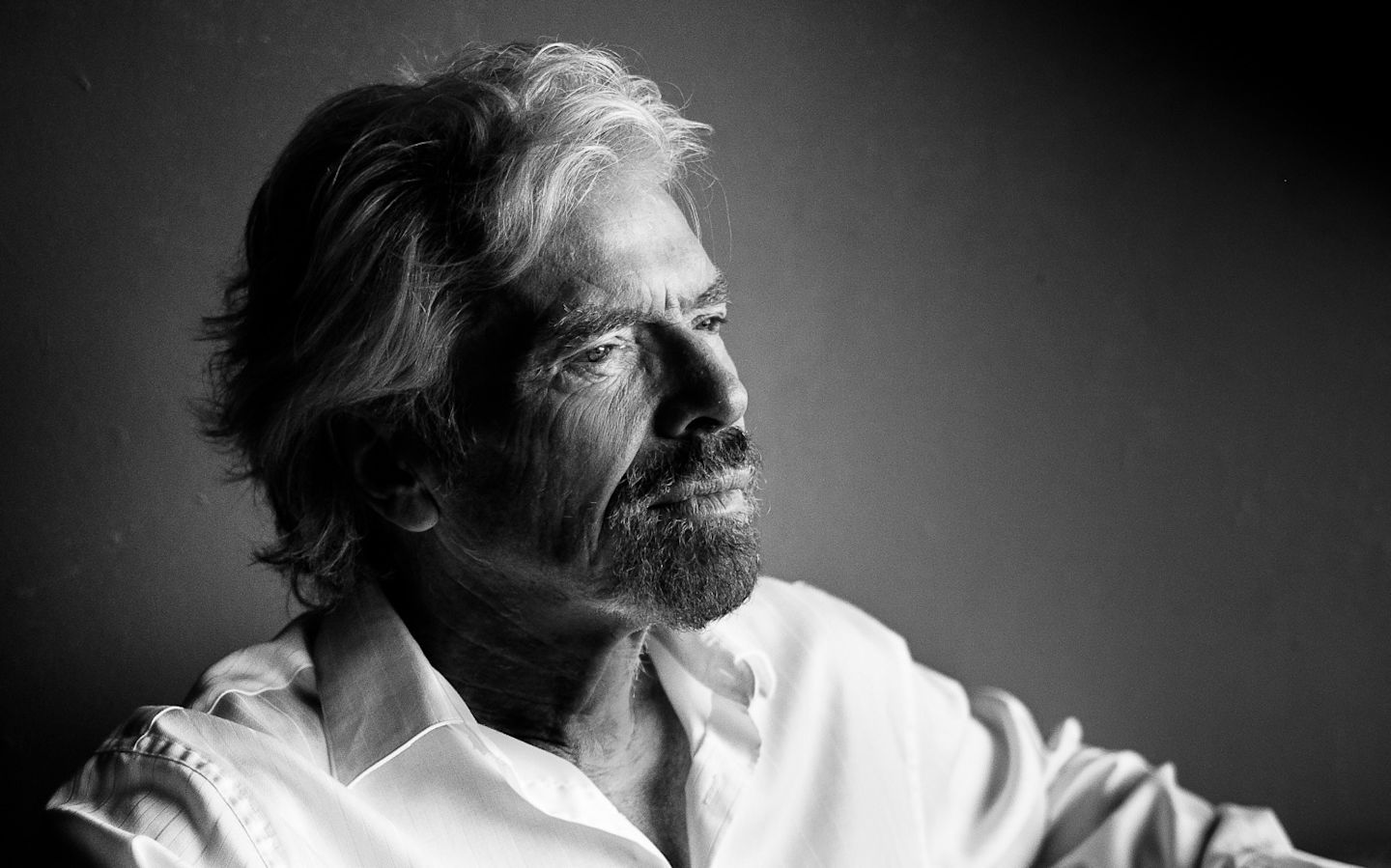Vaccines, not lockdowns, are route to recovery
Widespread and equitable vaccinations against COVID-19, coupled with sensible day-to-day practices, like indoor mask mandates and proof of vaccination, remain the best ways to global recovery – not more damaging lockdowns, expensive testing and travel bans. There must be a proportionate response that balances the obvious risks of COVID with the mental health and economic risks of stopping people living their lives.
When COVID first hit, so little was known about the virus that locking countries down to protect people was understandable. Now, with more data on its impact, the evidence strongly suggests that everyone who can, should get vaccinated and boosted – and then move forward.
It’s essential we do all we can to ensure healthcare systems don’t become overwhelmed and public health is always the priority; however, we also need to look at the negative effects of lockdown. It’s easy for politicians to keep banning travel or locking down whilst saying “public health must come first”, but many governments are not looking at the whole picture. Negative effects of lockdowns, unnecessary quarantines, and travel bans are damaging people’s lives and wellbeing. They are also destroying small businesses and livelihoods, especially in sectors such as hospitality and travel.
Many people are living in fear, and that has serious mental health impacts. In many parts of the world, loneliness, stress, anxiety, depression, and suicide have been on the rise lately. Take one major study in Australia, which found that families in the state of Victoria – subject to the longest and harshest lockdowns in the country – experienced a significant peak in mental health deterioration compared to others.
In the West and many other parts of the world, people have had the option to get vaccinated since early 2021, and many now have access to boosters, too. My family and I have had the booster shot and urge everyone eligible to do the same. Vaccines work, and they don’t just protect us, but also those around us that are most vulnerable. Policies to encourage vaccination should also be introduced as it really is the route out of the pandemic.
A significant challenge remains. The current inequity of vaccines is unacceptable, with low-income countries far less likely to have access to vaccines, let alone adequate delivery systems. This leaves them vulnerable, puts more pressure on already fragile economies, and pushes more people into poverty. The pandemic cannot end without a unified global response ensuring vaccine access for all, Otherwise, the virus will continue to be one step ahead of us, leading to new variants that may eventually escape our current generation of vaccines.
However, in the meantime, the younger generations in particular, after 21 months of sacrifice, should no longer have to deal with the negative effects of lockdowns. They should be able to get on with their lives. I lost my mum to COVID - two days before she was due to get her first vaccine. She lived well into her nineties and had the most extraordinary life. The last thing she wanted to do was hold other generations back from building their own wonderful lives, too. Nor do Joan and I.
People take acceptable risks every day, from driving cars to riding bikes to playing sports, to drinking alcohol. Reasonable regulations, such as speed limits, seatbelts, or age and access restrictions, have mitigated some of these risks, and people accept them. In the same way, someone who decides not to get vaccinated (for non-medical exemption reasons) must accept the real risks of their action to themselves and others. This small minority cannot hold back the rest of society year after year. Enough is enough.
Triumph over COVID will not mean it disappears, but that it turns into another acceptable and manageable risk that is too small to reorder life and society. As a new year approaches, let’s find the sensible middle ground that helps us end the pandemic whilst putting the next generations first.


